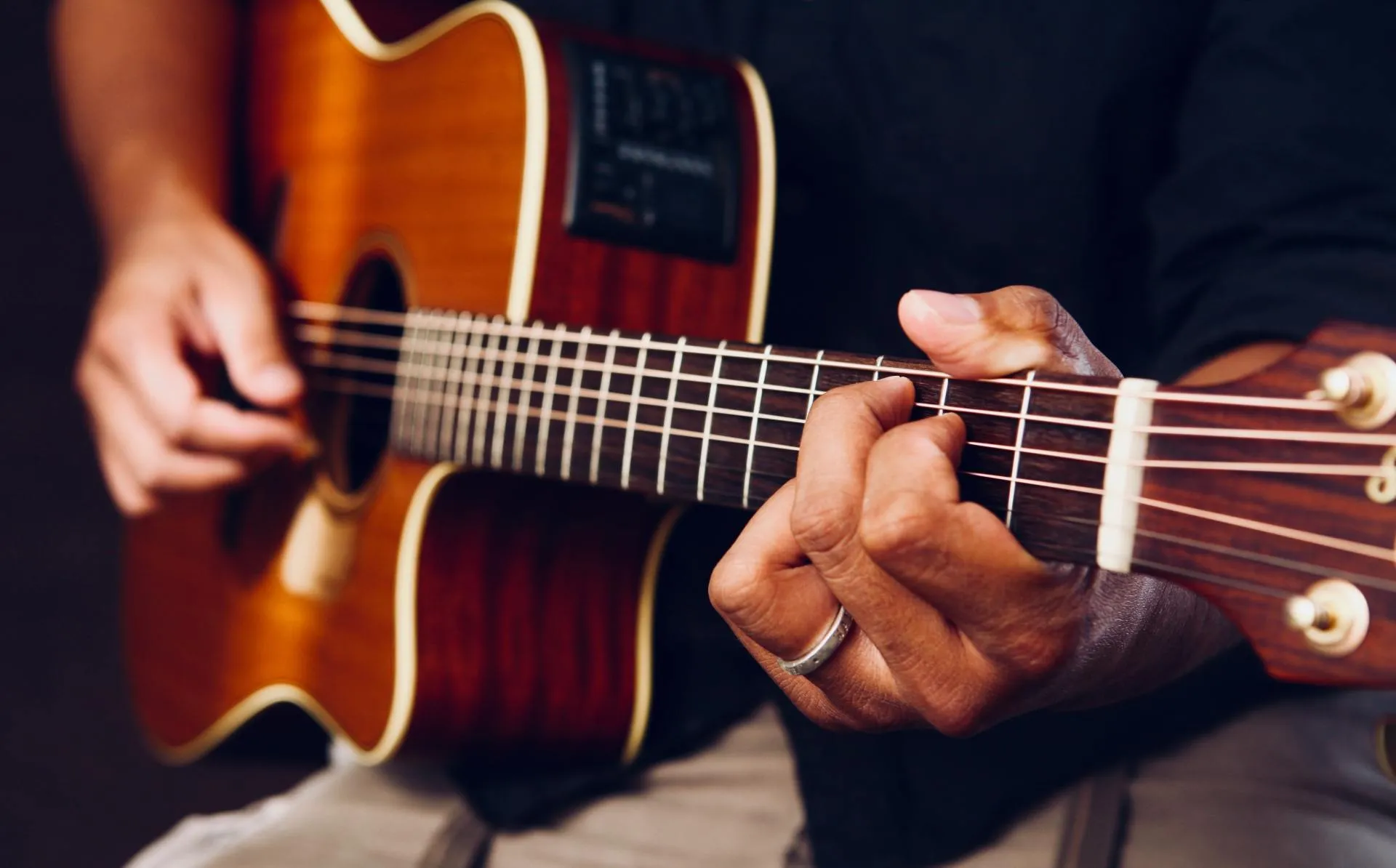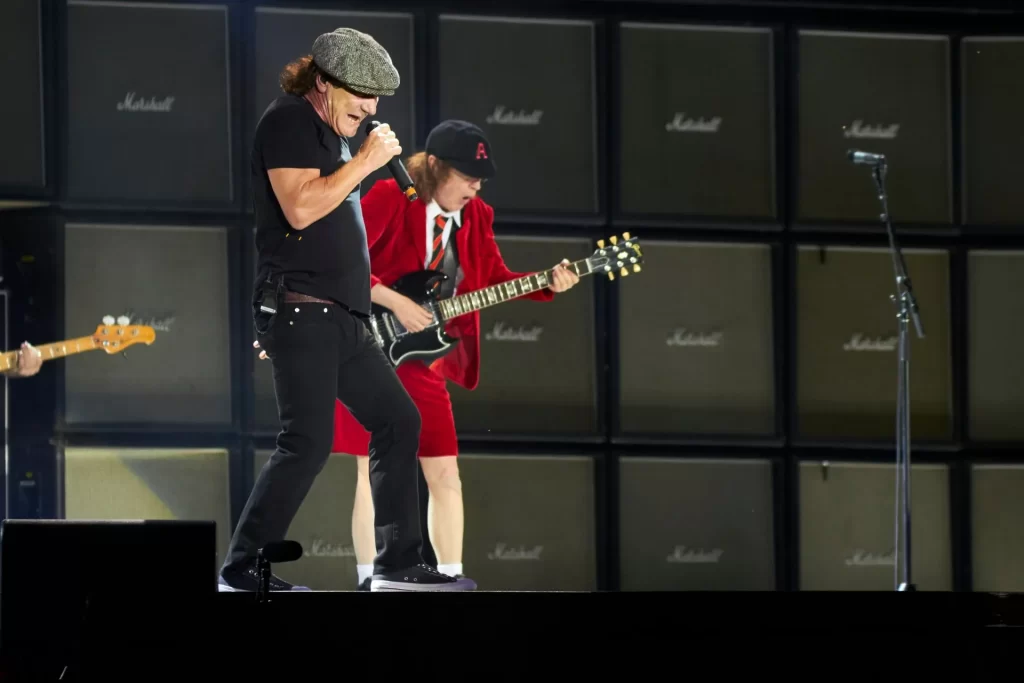Do all of your songs sound the same?
This is something that has happened to all of us at some point in our songwriting/music career. You write song after song only to find that, when listening back, they literally all sound like different versions of the same song with very little to tell them apart.
I remember getting so frustrated about this on more than one occasion when I was just starting out playing live with my own personal songs. I seemed to just write the same song over and over with minor chord changes or I would use the exact same chord structure for two or three songs, thinking I could get away with it by singing a different melody over each one, until one day a guy in the audience brought it up in front of everyone. I felt extremely embarrassed that for some reason I thought I could get away with it and no one would know any different.
After that, I found myself feeling uninspired. I began to lose interest in writing because I had run fresh out of ideas and fallen into a stale, stagnant pool of you know what…
Turns out, my whole approach was wrong. I had tunnel vision, and not in a good way; in a young, foolhardy, I-know-exactly-what-I-am-doing when I really didn’t kind-of-way. I think this is just some kind of repetitive loop that we as songwriters get stuck in. Humans are creatures of habit and we like to stick with what we know and what works for us, whether that’s the same song structure, tempo, chords progressions or strumming patterns. But, after a while, things will start to both sound and feel boring. I mean, I love pizza, but if I had to eat the same pizza every day 365 days a year, I think “love” would very quickly turn to “hate” or “I never want to see, smell, or even hear the word pizza ever again!”
(I can’t lie, all this talk about pizza has got me feeling rather peckish…)
Right Joe, enough food talk. Let’s get back to the task in hand. Here are some of the things that really helped me to change the way I was writing. If you ever find yourself in the same kind of situation where everything you write is the same, try some of the simple tips below that have worked for me, and I promise you will soon look at your songwriting in a different way and go back at it with a fresh approach:
Listen
I find the best thing to do in order to break out of this vicious and frustrating cycle is to just sit back and listen to your favorite bands. But don’t just listen to one or two songs, try to listen to an entire album, or maybe even their entire discography, to see how they diversify their music. What changes do they make whilst still retaining the signature sound that you love?
You don’t want your 10- or 12-track album to become more of the same repetitive drivel. It will get old very quickly, and that album will soon become somebody’s beer coaster. You want a mix of upbeat, feel-good songs with slower, more heartfelt tracks. Try to take your listeners on a rollercoaster journey; that’s what all great albums do, they mix things up and have a little bit of something for everyone.
Look At The Tabs/Sheet Music
Look at the tabs and sheet music from your favorite bands and study everything about them. Look at the chords, scales, key signature, tempo, even the time signatures they are using, and take note. But more than that, play through them all yourself. Write the way things change from song to song. What varies? What stays the same? Are there any unexpected chord or rhythm changes you might want to incorporate into your own music?
I find sometimes that we just need to open our minds and go back to a solid practice routine. That way we can build on the knowledge we already have, adding more chord shapes into the box of tools, rather than writing with the same old 4 or 5 chords we go to every time we sit down to write a new song, and not because we want to, but because its all we know. We haven’t sufficiently broadened our musical vocabulary, so to speak, and that is one of the main reasons for boring, repetitive, stale songs.
I was guilty of this myself at the beginning of my songwriting career. But the more you learn about chord progressions, inversions, chord sounds, arpeggios, voicings and scales, the easier and more interesting the songwriting process will become and you will find yourself writing a really diverse body of work, because you have a great knowledge-base to build upon. When you call it “theory” it sounds boring, but it’s literally learning how music works. It’s also something that is very important if you want to go down the professional songwriting avenue, writing for other artists, etc, because they will expect you to look at a brief or description of what they are looking for and then deliver something bang on, or very similar. You expect a doctor to understand how the human body and medicines work. And everyone else will expect you as a songwriter to understand how music works.
New Music
Another great way to break out of this stale situation? (Drum roll, please……)
Listen to new music on Spotify or YouTube!
The reason I chose Youtube and Spotify is because they will suggest bands and music you may like from your previous searches, or someone will have made a playlist with similar music to songs you’ve searched for. And don’t just listen to artists/bands you’re less familiar with, listen to stuff you would never normally listen to. This can really inspire you and get the creative juices flowing, putting you on a completely different path to what you were on before, and giving you more tools and ideas to write with in the future.
Play Along
Some people can play by ear, and some people prefer to read sheet music (or for guitar and bass, tablature), whatever works best for you. Try sitting with your instrument of choice and play along to randomized songs from your favorite bands, spotify playlists, youtube or even the radio. Try and mix genres. Really pay attention to the chord changes, strumming patterns, melodies and vocal delivery of each song. This can be a lot of fun and very educational, helping you understand different ways to break out of that songwriting jack-in-the-box you are trapped in. What’s more, different elements of different songs will filter into your subconscious and combine in new ways, breathing life back into you and getting your creative juices flowing.
Change It Up
If you usually write on an acoustic guitar or piano, try changing things up a little and write on an electric guitar or a synth/electric piano, this can make a huge difference to the way you approach a song. These subtle changes can really bring out a whole new vibe when writing new songs or even finishing off incomplete songs. It allows you to experiment with sound a lot more than you could have with an acoustic instrument, and it helps you to shift into a whole new world of inspiration. This is because it feels in some way like familiarizing yourself a new instrument all over again. Every sound is different. There are more options when using effects pedals and amplifiers. You can just go wild, exploring a new world with infinite possibilities. This alone can get the creative bug back and make you want to write more because of the sheer joy you are experiencing from this new world you have entered.
Collaborate
My last tip on this topic is to actively write with other songwriters and collaborate with as many people as possible; friends, jam sessions, music clubs, open mic nights, music schools, studio experiences, etc. You can learn so much from other musicians, every one of them will have something new and fresh to add, a unique way of doing things or a different sound and vibe. If you look at some of the greatest songs to have ever been written, you’ll find most of them have been written by multiple people who bounce different ideas off of each other to bring the song to life in multiple dimensions. This is such an important element to quality songwriting. You will not only learn a lot from other people, but you will also be building your future contact list up at the same time.



